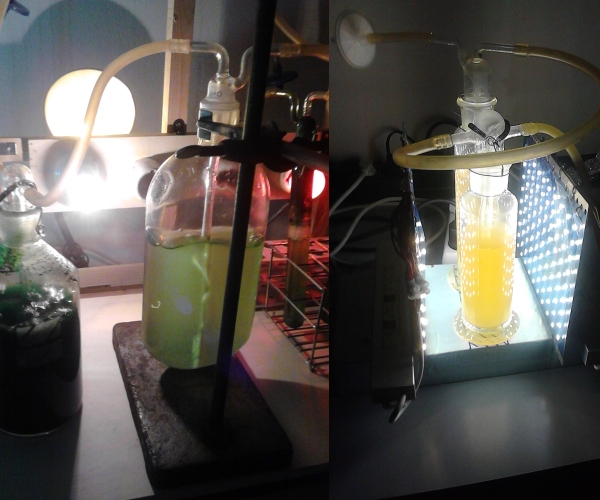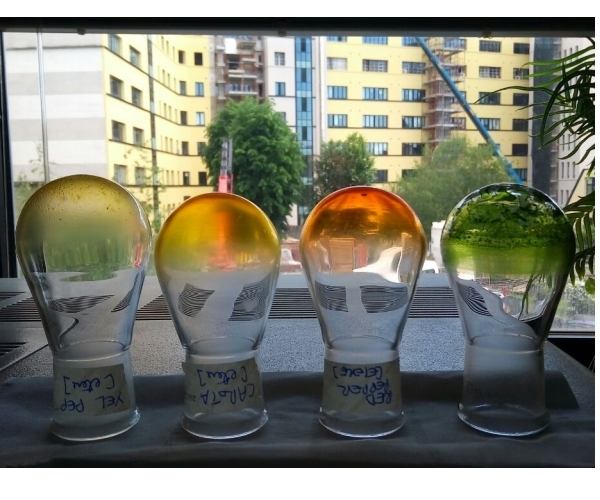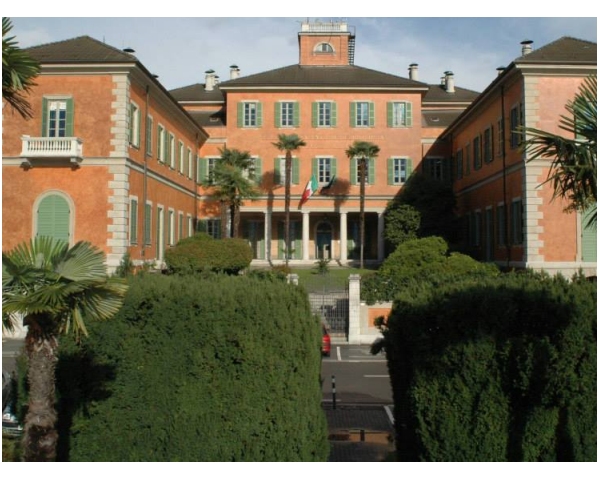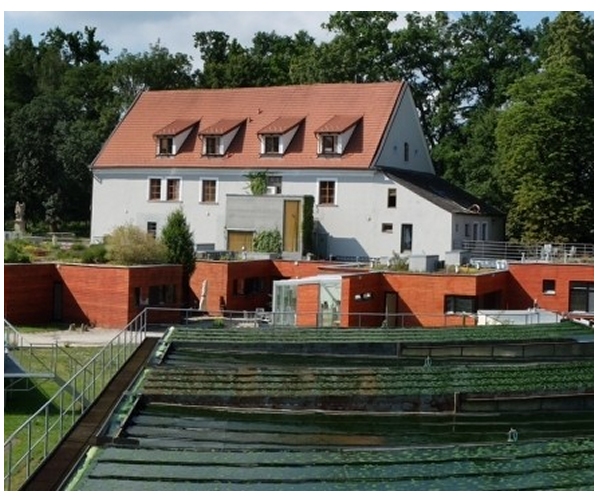
|
CYAO: Cyanobacterial Platform Optimised for Bioproduction
|
|
|
|
|
 |
The Photosynthesis Research Unit of the National Research Council of Italy (CNR), based in IBF UOS of the Milan focuses on biochemical,
biophysical and physiological investigations of the photosynthetic apparatus. This unit has more than three decades of internationally recognised
research in the field, having been the pioneer of these studies in Italy and one of the leading laboratory in Europe since the early sixties.
In the past decades attention was dedicated to the study of microalgae and infrastructures required for their growth, such as
illuminated controlled incubators, sterile rooms, cell counters, and different microscopes are present. Spectroscopy is a core research
topic and a broad range techniques are available: high-resolution absorption and fluorescence spectrometers, double-beam/double-wavelength
spectrophotometers and circular-dichroism as well as a set-up for the measurements of excited state lifetime (TC-SPC, picosecond temporal resolution),
transient absorption (microsecond temporal), measurements of fluorescence inductions transients (micro-to-millisecond) together with
pulse amplitude modulated instruments (PAM). Most of the measurements can be performed in the 400 to 4.2 K temperature range. A complement of
biochemical tools, including, electrophoresis, FPLCs, HPLCs, a battery of fully equipped ultracentrifuge and basic equipment for molecular
biology practise are also present in the laboratories. | |
|
Contact: Stefano Local & Project Coordinator |
|
|
 |
The Institute of Agricultural Biology and Biotechnology is part of the Bio-Agrifood Department of the National Research Council.
It comprises four research centres (UOS) with 40 researchers. The Institute main goal is the development of fundamental knowledge, a prerequisite
for the understanding and valorisation of biodiversity as well as for all genetic, technological and biotechnological applications
in the agricultural field. Research activities comprise the development of technologies and biotechnologies of agrarian and industrial interest,
including molecular techniques for gene sequence engineering suited to the production of metabolites and proteins and the improvement of
non-food plants for biofuel production. General biochemistry, microbiology (Biosafety Level 1), microscopy (Zeiss Axiovert 200 and Apotome system)
and molecular and cellular laboratories, plant growth facilities, a sequencing and bioinformatics centre are present. | |
|
Website: IBBA Milan, IT |
|
Contact: Paola Local Coordinator |
|
|
 |
Since 1938, the laboratories located in Verbania carried out studies on lakes in Italy and in the World, investigating structures, functions and fluctuations
of lake ecosystems in their natural state or as a response to anthropogenic pressures, including climate change. Expertise covers all
aspects of limnology, from community ecology, hydromorphology, chemistry to plankton, macrophytes, benthos and fish ecology. The reserach centre
in Verbania was, at the start of the project, part of The Institute of Ecosystem Study (ISE) of the National Research Council of Italy and is now
part of IRSA (Institute for Water Research). The laboratory of CNR-IRSA are involved in many projects concerning lake restoration.
They have also been engaged in the monitoring and application of the Water Framework Directive on the Italian national territory and are an official
consultant of the Italian Ministry for Environment. This role has been fulfilled by developing methods for lake monitoring and biotic indexes for
ecological assessment. IRSA team can exploit various lab facilities: climatic chambers, light sources, microscopes, autoclaves, HPLC,
spectrophotometer; a complete limnological instrumentation for field sampling is also available to collect chemical and biological samples.
CNR-IRSA has also renovated its historical fish hatchery. The plant is semi-natural including two large outside pools for fish rearing and
two rooms for eggs hatching and fish breeding in dedicated tanks. | |
|
Website: IRSA Verbania, IT | |
|
Contact: Andrea, Pietro or Nicoletta Local Coordinators |
|
|
 |
The Institute of Microbiolgy of the Academy of Sciences of the Czech Republic has three satellite working units, the first of which
is The Algatech Centre located in Trebon. It has been internationally recognised for more than 50 years for its research on
photosynthetic microorganisms, algae, cyanobacteria and photosynthetic< bacteria from molecular/cellular to eco-physiological levels,
as well as for the development of new bio-optical instruments and technology for the cultivation of algae and algal products.
State of art facilities include specific equipments and instrumentations including algal growth facilities, photobioreactors, biochemistry laboratory,
confocal microscopy), standard spectrometers, several kinetic fluorometers. Other core topics are the phototrophic cultivations of microalgae
including prokaryotic cyanobacteria, cultivation of selected freshwater strains for biomass production and isolation of bioactive compounds,
design and construction of cultivation systems and photobioreactors. Laboratory photobioreactors and large-scale outdoor units are
available for the production of microalgae biomass. Laboratory set-up and full biotechnology equipment allows cultivation, analysis and complete
processing of biomass (separation - disintegration - drying), fractionation and characterisation, including analysis and identification of
selected valuable substances in (carotenoids, lipids, polyunsaturated fatty acids, polysaccharides) using high performance liquid chromatography
and gas chromatography with mass spectrometry (HPLC-MS, GC-MS). | |
|
Website: Centre Alagetch Trebon, CZ |
|
Contat: Ondrej Prasil Local Coordinator and Director of the Centre |
|
|
The research is founded by the Cariplo Foundation under the Biotechnology founding scheme.
|
 |
|
|
CYAO-Web. V2.2
|
|